[最も好ましい] 1 1 2 3 5 8 sequence 350467-Math sequence 1 1 2 3 5 8
Sequence 2 Me , My personality and life experiences #Rosemary is talking about one of her spacial #memories which is her 1st day at elementary school SheSequences and series are most useful when there is a formula for their terms For instance, if the formula for the terms a n of a sequence is defined as "a n = 2n 3", then you can find the value of any term by plugging the value of n into the formula For instance, a 8 = 2(8) 3 = 16 3 = 19In words, "a n = 2n 3" can be read as "the nth term is given by twoenn plus three"Jan 25, 12 · I believe the sequence you are referring to would be 0, 1, 1, 2, 3, 5, 8, 13, 21 This is known as the Fibonacci number It is arrived at by adding the first two

Building A 8 Trace With 4 Traces This Schema Shows A Sequence Of Download Scientific Diagram
Math sequence 1 1 2 3 5 8
Math sequence 1 1 2 3 5 8-Nov 21, · The second difference is 1 Since the second difference is a constant, therefore the general term of the given sequence is quadratic Pick three sets of values from the table and form three equations General Equation an 2 b (n) c = a n Equation 1 at n = 1, a 1 = 2 a (1) b (1) c = 2 a b c = 2Fibonacci – the Fibonacci sequence starts 1, 1, 2, 3, 5, 8 Each number in the sequence (after the first two) is the sum of the previous two Write a program called Fibonaccipy or Lab6apy that computes and outputs the nth Fibonacci number, where n is a value entered by the user
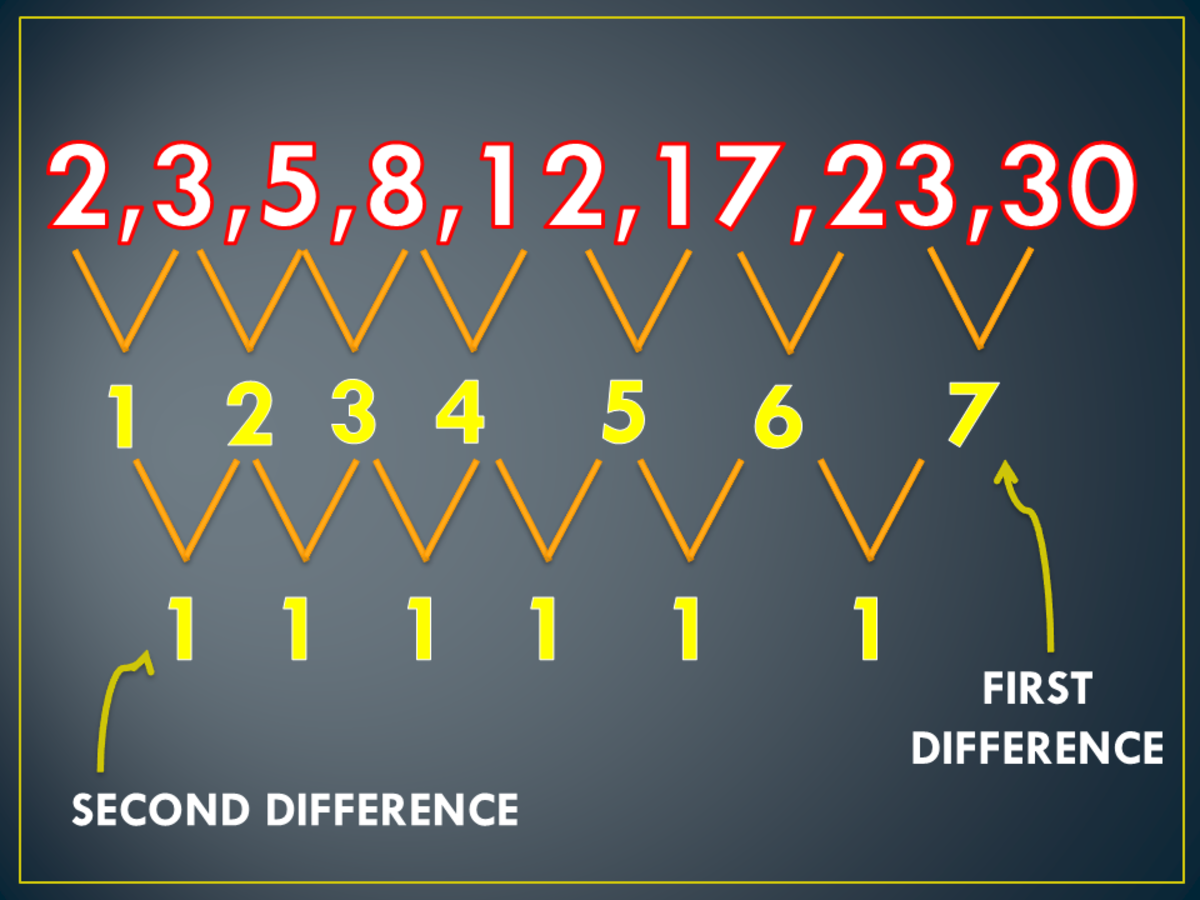


How To Find The General Term Of Sequences Owlcation
The difference between every two adjacent members of the series is constant and equal to 07 General Form a n =a 1 (n1)d a n =31(n1)07 a 1 =31 (this is the 1st member) a n =52 (this is the last/n th8 A colony has 1 rabbit A rabbit produces one offspring every monthThe relationship of the Fibonacci sequence to the golden ratio is this The ratio of each successive pair of numbers in the sequence approximates Phi (1618 ) , as 5 divided by 3 is 1666, and 8 divided by 5 is 160 The table below shows how the ratios of the successive numbers in the Fibonacci sequence quickly converge on Phi
1,1,2,3,5,8,13,21,34, represents a sequence of numbers in which every number after first two terms is the sum of two preceding numbers And this type of sequence is called a Fibonacci sequence Hence, the answer is Fibonacci sequence Answer verified by Toppr Upvote (1)Identify the Sequence 1/2 , 2/3 , 3/4 , 4/5 The sequence is not geometric or arithmetic because there is no common difference or common ratio between each term Not a Geometric or Arithmetic SequenceThe Fibonacci sequence is a sequence F n of natural numbers defined recursively F 0 = 0 F 1 = 1 F n = F n1 F n2, if n>1 Task Write a function to generate the n th Fibonacci number Solutions can be iterative or recursive (though recursive solutions are generally considered too slow and are mostly used as an exercise in recursion)
A 4a 3 =5245=07;Your input 31,38,45,52 appears to be an arithmetic sequence Find the difference between the members a 2a 1 =31=07;2 , 3, 5, 8, 12 geometric or neither if the sequence is arithmetic give the common difference if geometric give the common ratio 1 6,18,54,162, 2 4,10,16,22 3 1,1,2,3,5,8 4 625,125,25,5 5 You can view more similar questions or ask a new question Ask a New Question



The Fibonacci Sequence In Nature Mindful Living Mindful Living Network
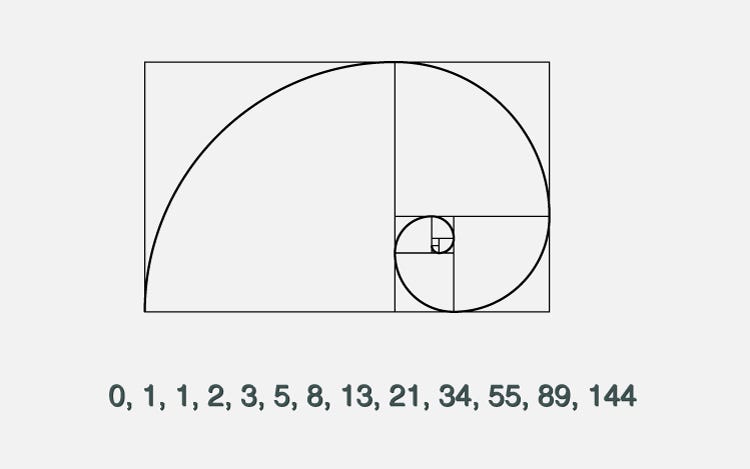


The Bitcoin Sequence Is Bitcoins Next Crash At 8 000 By Bitcointradinglab Medium
The Fibonacci sequence is a sequence where the next term is the sum of the previous two terms The first two terms of the Fibonacci sequence are 0 followed by 1 The Fibonacci sequence 0, 1, 1, 2, 3, 5, 8, 13, 21 Visit this page to learn about the Fibonacci sequenceFind the common difference by subtracting any term in the sequence from the term that comes after it a_2a_1=3512=23 a_3a_2=55=23 The difference of the sequence is constant and equals the difference between two consecutive termsIt didn't appear at first to be a recursive sequence, but recursives can be messy and hard to figure out But if one is particularly patient and clever, and plays around with this a bit, one might come up with a 1 = 2 a 2 = 2×3 2 = 8 a 3 = 8×3 3 = 27 a 4 = 27×3 4 = 85 a 5 = 85×3 5 = 260



Building A 8 Trace With 4 Traces This Schema Shows A Sequence Of Download Scientific Diagram


1 1 2 3 5 8 13 21 34 55 144 233 377 610 987 1597 2584 4181 6765 Tilby Forbis
Mar 19, · We will go today straight to show you all the answers of The famous _____ sequence goes 1, 1, 2, 3, 5, 8, 13, 21 for level 145In fact our team did a great job to solve it and give all the stuff full of answers This is what we are devoted to do aiming to help players that stuck in a gameThe Fibonacci sequence 1, 1, 2, 3, 5, 8, 13, 21, starts with two 1s, and each term afterwards is the sum of its two predecessors Which one of the ten digits is the last to appear in the units position of a number in the Fibonacci sequence?Find the next number in the sequence (using difference table) Please enter integer sequence (separated by spaces or commas) Example ok sequences 1, 2, 3, 4, 5
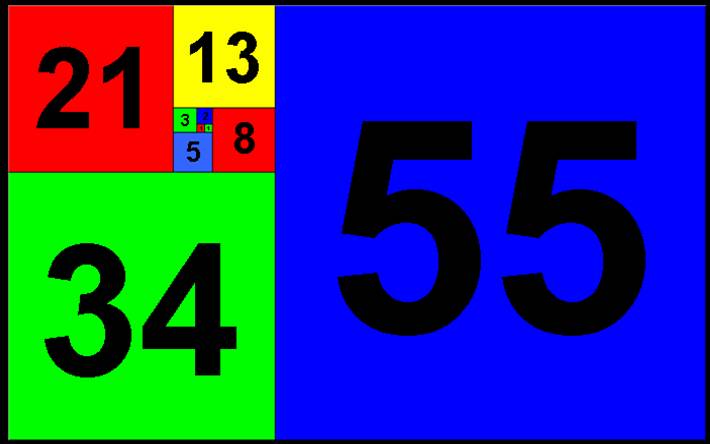


Theorem Of The Day



Fibonacci Series In Java Vertex Academy
Nov 13, 19 · A Fibonacci sequence begins 1, 1, 2, 3, 5, 8, a) What is the 7th number in the sequence?Mar 26, 21 · The sequence is built in the following way at first the number 1 is written out, then the numbers from 1 to 2, then the numbers from 1 to 3, then the numbers from 1 to 4 and so on Find the number on the nth position of the sequence Input n = 3 Output 2 The 3rd number in the sequence is 2 Input 55 Output 10Nov 05, 08 · 11 =2 21 = 3 2 3= 5 3 5 = 8 5 8 = 13 8 13 = 21 Sometimes the sequence starts with 0 That is 0,1,1,2,3,5 The correct way of specifying this sequence would be A bit extra for you F0 = 0, F1=1, Fn2 = Fn1 Fn (n = 0,1,2, )



Calameo Fibonacci Numbers And The Golden Section Pdf
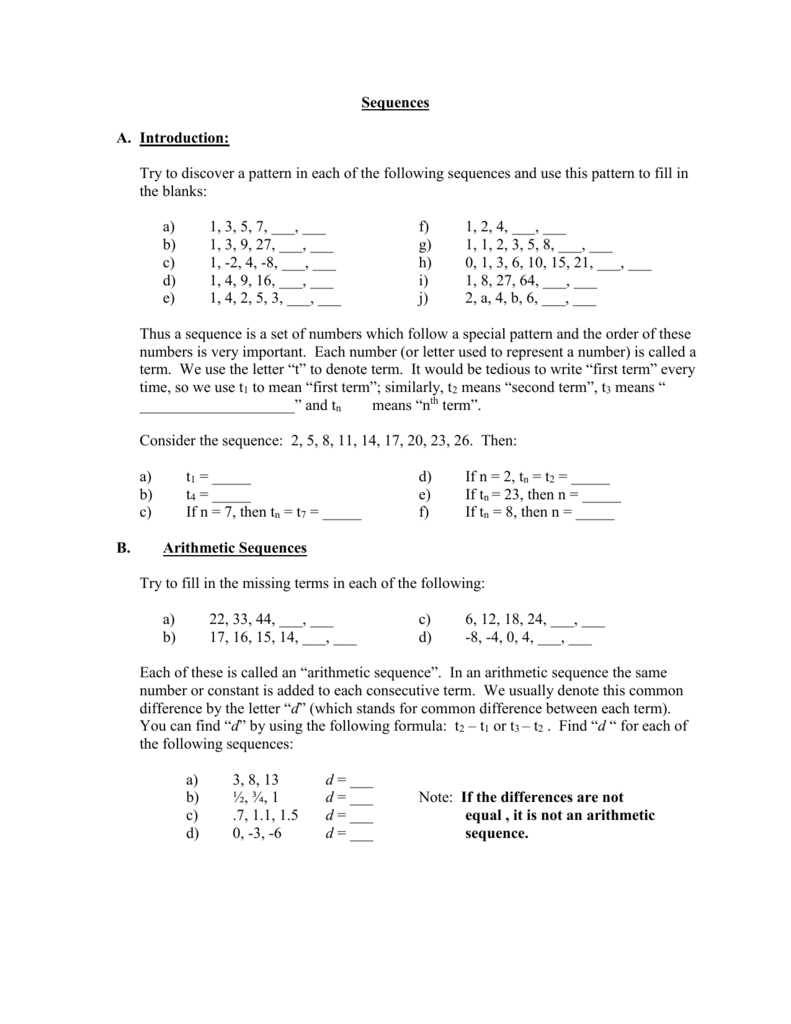


Sequences Introduction Try To Discover A Pattern In Each Of The
1,1,2,3,5,8, find the next five terms of the Fibonacci sequence 58 = 13 is the next 813 = 21 is the next 1321 = 34 is the next 2134 = 55 is the next 34 55 = is the nextThe Fibonacci sequence is a series where the next term is the sum of pervious two terms The first two terms of the Fibonacci sequence is 0 followed byN# 43 The Fibonacci Sequence Modulo m If a solution to a recurrence relation is in integers, then one can ask if there are any patterns to the solution with respect to a given modulus It should be clear that any



Fibonacci Numbers Month 0 1 Pair Month 1



Magic Behind The Fibonacci Sequence Chalkdust
8 rows · The Fibonacci Sequence is the series of numbers 0, 1, 1, 2, 3, 5, 8, 13, 21, 34,OEIS link Name First elements Short description A Natural numbers {1, 2, 3, 4, 5, 6, 7, 8, 9, 10, } The natural numbers (positive integers) n ∈ ℕ AA 3a 2 =4538=07;



How To Find The General Term Of Sequences Owlcation



What Is The Golden Ratio Pixelio Studio
N 1 p 5 2!B) What is the 9th number in the sequence?The game is new and we decided to cover it because it is a unique kind of crossword puzzle games Word Craze The famous _________ sequence goes 1, 1, 2, 3, 5, 8, 13, 21 Answers PS if you are looking for another level answers, you will find them in the below topic I Hope you found the word you searched for



Comment Utiliser Le Fibonacci Investisseur En Herbe
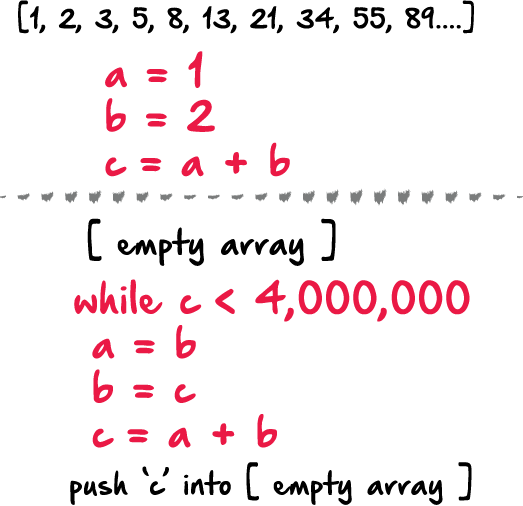


Even Fibonacci Numbers Python Vs Javascript Hacker Noon
Question What are the next three terms in each sequence?For x = 0,1,2,3,4, x=1/(x1) = 1, 1/2, 2/3, 3/5, 5/8 These fractions have numerators 1,1,2,3,5, which are the 2nd to 6th entries in the sequence Cino Hilliard, Sep 15 08 From Joerg Arndt, May 21 13 (Start) There are a(7)=13 compositions of 7 where there is a drop between every second pair of parts, starting with the first and second partThe given series 1 1 2 3 5 8 Can also be written as 0 = 0 1 = 1 01 = 1 11=2 21=3 32=5 53=8 Hence, the next number in this series can be obtained by similar logic 85=13 1,1,2,3,5,8, 13 This is known as Fibonacci Series a series of numbers in which each number ( Fibonacci number) is the sum of the two preceding numbers



Fibonacci Met Reinfried Marass But Who Is Fibonacci Art Thoughts



Fibonacci Numbers Fibonacci Numbers Fibonacci Numbers 0 1 1 2 3 5 8 13 21 34 Where Each Number Is The Sum Of The Preceding Two Recursive Ppt Download
9,109,9,309,409 1/2, 1/2,3/8, 1/4, 5/32 Found 2 solutions by Edwin McCravy, MathLover11 1 2 3 5 8 13 21 34 55 144 233 377 610 987 1597 2584 4181 6765 So, if one wanted to know how pairs of rabbits there would be at the end of 25 months, the answer, 75,025, could be found using the spreadsheet{1/1, 1/3, 1/2, 1/4, 1/5, 1/4, 1/6, } Determine whether the sequence converges or diverges If it converges, find the limit



Pin Van Kim Lanicek Op Fibonacci Fractals Mandalas Sacred Geometry And God S Designs Gulden Snede Geometrie Wetenschap



Ex 2 3 5 Study The Pattern 1 8 1 9 12 8 2 98 123 8
Identify the Sequence 0 , 1/2 , 1 , 3/2 , 2 This is an arithmetic sequence since there is a common difference between each term In this case, adding to the previous term in the sequenceAbout Press Copyright Contact us Creators Advertise Developers Terms Privacy Policy & Safety How YouTube works Test new features Press Copyright Contact us CreatorsMar 15, 16 · What type of sequence is this?
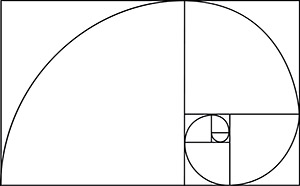


Fibonacci Spiral Design Imitates Nature Ayres



The Fibonacci Sequence Youtube
Answer by stanbon (757) ( Show Source ) You can put this solution on YOUR website!19 rows · Fibonacci sequence is a sequence of numbers, where each number is the sum of the 2 previousThe Fibonacci Sequence is the series of numbers 0, 1, 1, 2, 3, 5, 8, 13, The next number is found by adding up the two numbers before it The 2 is found by adding the two numbers before it (11) The 3 is found by adding the two numbers before it (12), And the 5 is (23), 53=8 85=13



Write Down The Next 3 Numbers In Each Sequence 1 2 4 6 8 10 2 1 3 5 7 9 3 1 4 9 16 25 36 4 1 2 1 3 1 4 5 1 Ppt Download



Fibonacci Numbers Coolgyan Org
1 See answer lila9433 is waiting for your help Add your answer and earn points moof moof Answer a)8 b)21 Stepbystep explanation New questions in MathematicsMar 06, 10 · 1 decade ago That is called the Fibonnaci sequence You get it by adding the first term with the second (1 1) to get 2, then the 2nd and 3rd terms (1 2) = 3, then (2 3) = 5 and so on It is believed that many things in nature (for example a pineapple, an artichoke, a pinecone) are arranged in patterns of the Fibonnaci sequenceOct 26, 12 · By definition, the first two numbers in the Fibonacci sequence are 0 and 1 (alternatively, 1 and 1), and each subsequent number is the sum of the previous two In mathematical terms, the sequence F n of Fibonacci numbers is defined by the recurrence relation
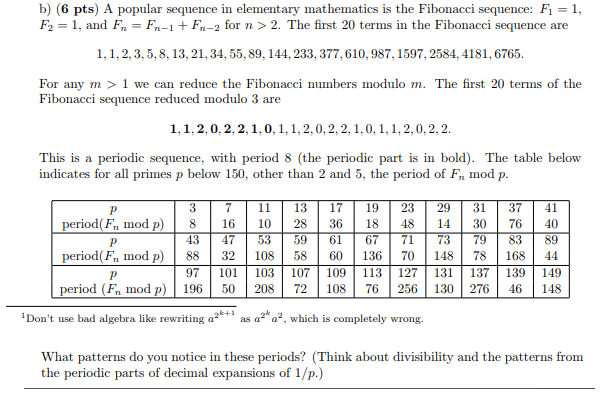


Solved B 6 Pts A Popular Sequence In Elementary Mathem Chegg Com



The Life And Numbers Of Fibonacci Plus Maths Org
NextNumber finds the next number in a sequence of numbers Find next number About NextNumber • Classic Sequences • Contact NextNumber • Classic Sequences •May 07, 16 · Neither the series is arithmetic nor geometric 9^(th) term is 34 and 10^(th) term is 55 In Fibonacci sequence of numbers, while first term is 1, n^(th) term is sum of (n1)^(th) and (n2)^(th) ie T_n=T_(n2)T_(n1) Hence the series is {1,1,2,3,5,8,13,21,34,55,,144,233,377,610,987} It is apparent that neither the series isAug 26, 09 · 1 decade ago The next numbers in the pattern are 21 and 34 The pattern is 11=2, 12=3and so on you add the two before to get the answer ktheintz 1 decade ago Fibonacci sequence each number is the sum of the previous 2 terms Next three terms are 21, 34, 55 *darn it, 4 people before me*
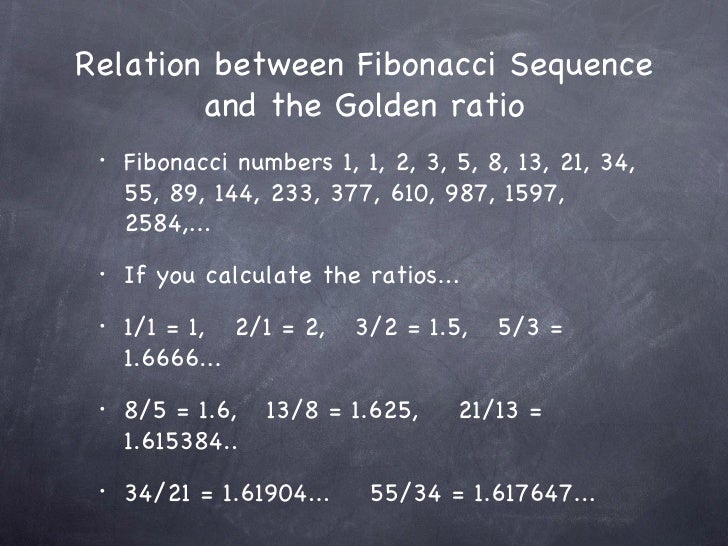


Patterns Sequences



Number Series And Puzzles Tricks And Solutions 1 1 2 3 5 8 13 Youtube
N=1 = (1,1,2,3,5,8,13, ) is the Fibonacci sequence, then Fn = fn fˆn p 5 = fn (f) n p 5 = 1 p 5" 1 p 5 2!In the above sequence, each of the term is found by adding up the two numbers before it that is The third term 2 is found by adding the two numbers before it (11) The fourth term 3 is found by adding the two numbers before it (12), The fifth term 5 is (23), The sixth term 8 is (35),Answer to The Fibonacci sequence has this pattern 1, 1, 2, 3, 5, 8, 13, 21, 34, 55, each number is achieved by adding the previous number to


What Is The Next Number In This Sequence And Why 3 2 4 1 4 1 Quora



The Fibonacci Sequence Spirals And The Golden Mean
A Fibonacci sequence is the integer sequence of 0, 1, 1, 2, 3, 5, 8 The first two terms are 0 and 1 All other terms are obtained by adding the preceding twoFeb 13, · Math 1Write a rule for the sequence 5,4,13,22 2 Find the next three terms of the sequence 3What is the 9th term in the following sequence 11,17,23,29This sequence is known as the Fibonacci sequence Given the positive integers m and n (with m n) create a list consisting of the portion of the Fibonacci sequence greater than or equal to m and less than or equal to n For example, if m is 3 and n is 6, then the list would be 3, 5 and if m is 2 and n is , then the list would be 2, 3, 5, 8
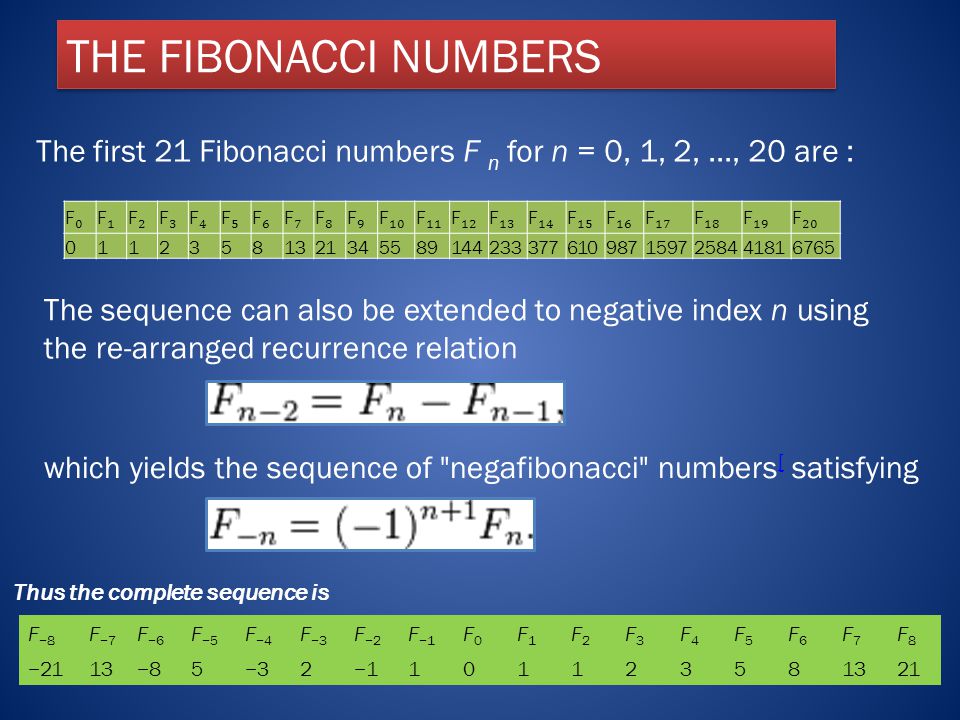


Fibonacci Numbers 0 1 1 2 3 5 8 13 21 34 55 144 233 377 610 987 1597 2584 4181 6765 Ppt Video Online Download



Fibonacci Sequence Example Math Examples Algebra Equations Fibonacci Sequence Examples
Dec 06, 16 · Explanation This sequence is the nth term plus the nth 1 term 3 5 = 8,5 8 = 13,8 13 = 21,13 21 = 34 This is also called the Fibonacci Series Answer link



Pin On Art Geometry
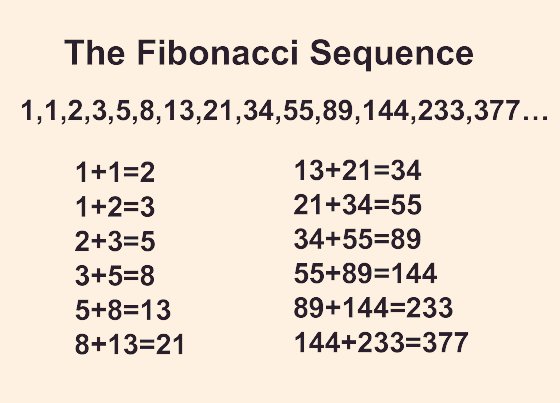


Stock Market Scientist בטוויטר Fibonacci Simplified Its A Concept Developed By Mathematician Leonardo Fibonacci In 13th Century Fibonacci Sequence Is A Series Of Numbers From 1 To Infinity As Each Number Is
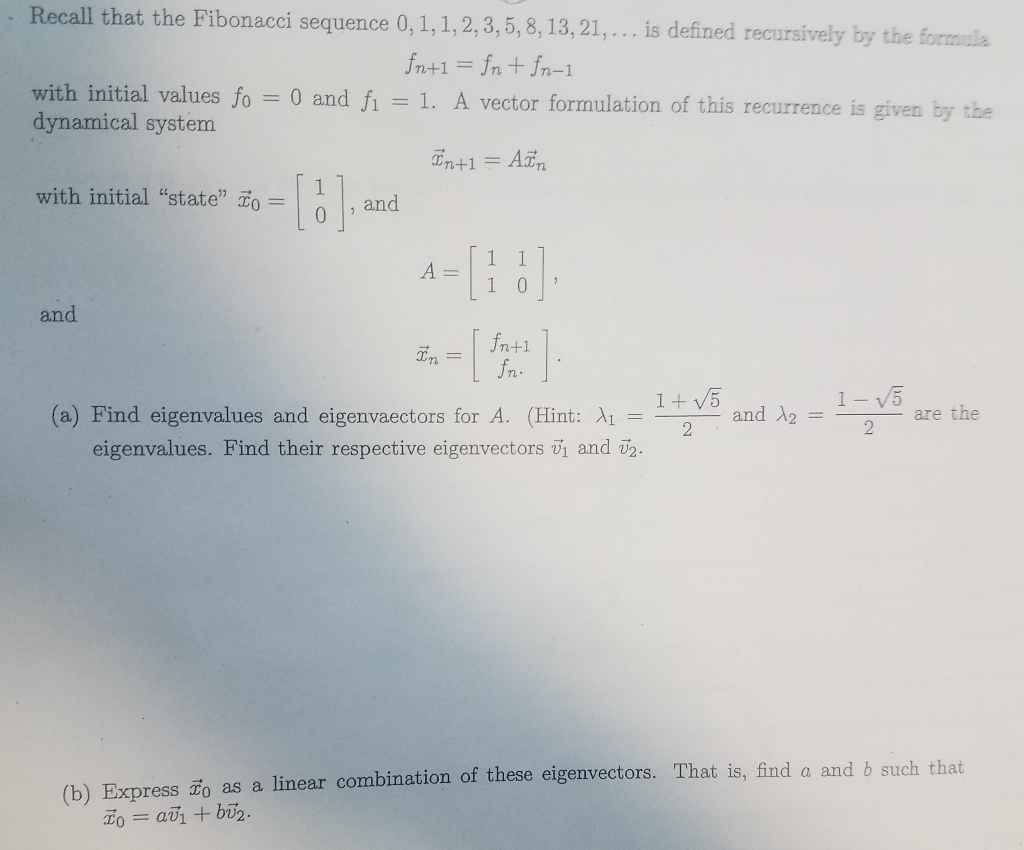


Solved Recall That The Fibonacci Sequence 0 1 1 2 3 5 Chegg Com



Fibonacci Numbers Consequences Of Fibonacci Numbers How Many



Fibonacci Sequence Numbers Page 1 Line 17qq Com


Fibonacci



Numeros De Fibonacci Sequence Vecteurs Libres De Droits Et Plus D Images Vectorielles De Abstrait Istock
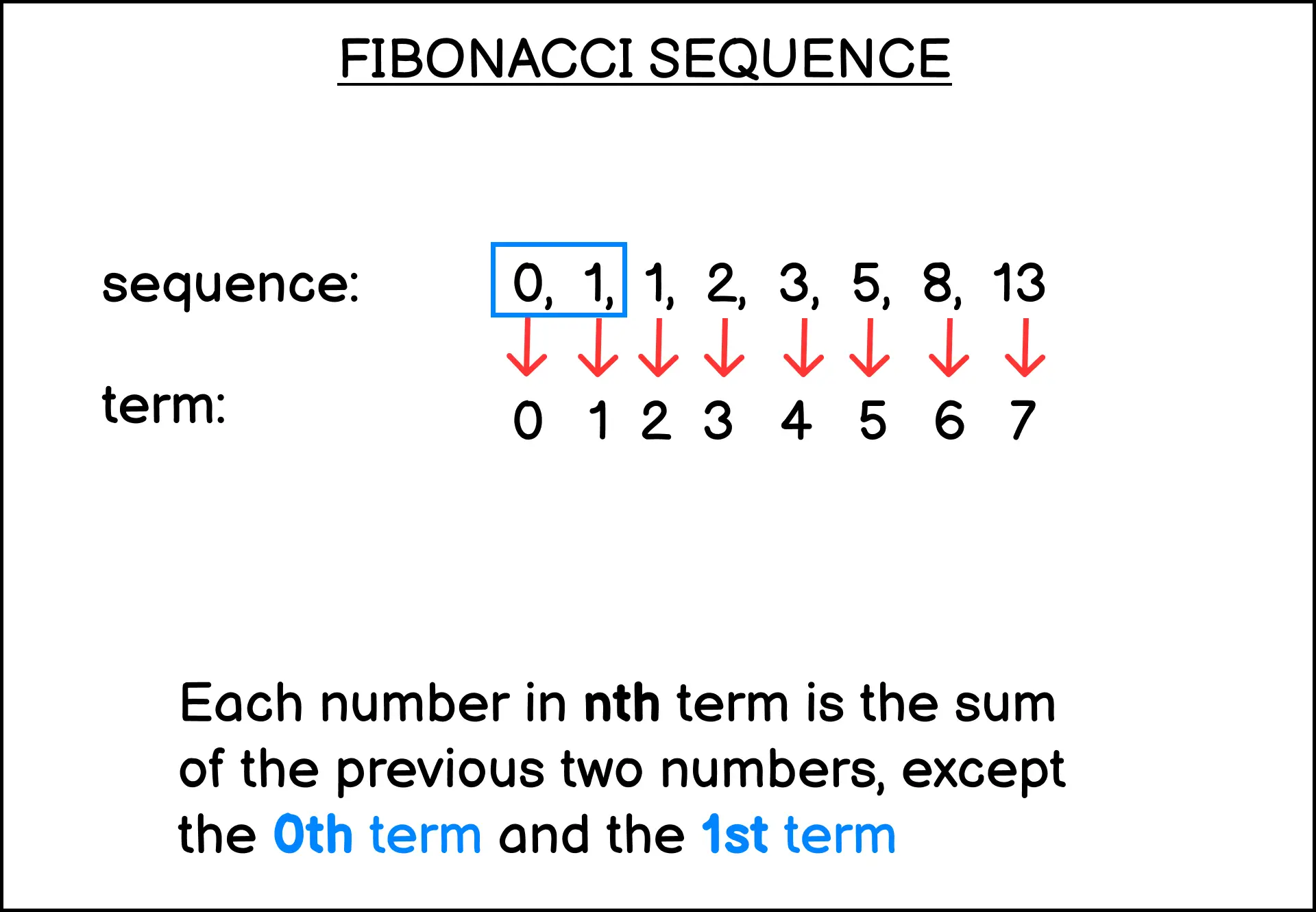


Find Fibonacci Sequence Number Using Recursion In Javascript



What Is Fibonacci Sequence How To Solve It With Recursion By Sam Chen Medium



1 1 2 3 5 8 13 21 34 Fibonacci Sequence In Nature Patterns In Nature Geometric Pattern



Running Head Fibonacci Sequence 1 The Fibonacci Sequence Its History Significance And Manifestations In Nature Anna Grigas Pdf Free Download



The Fibonacci Sequence By Gabrielle Stoddard



Fibonacci Number Wikipedia


Week One Day 2 The Art Of Scientific Experimentation


Introduction To Erv Wilson S Mt Meru Scales
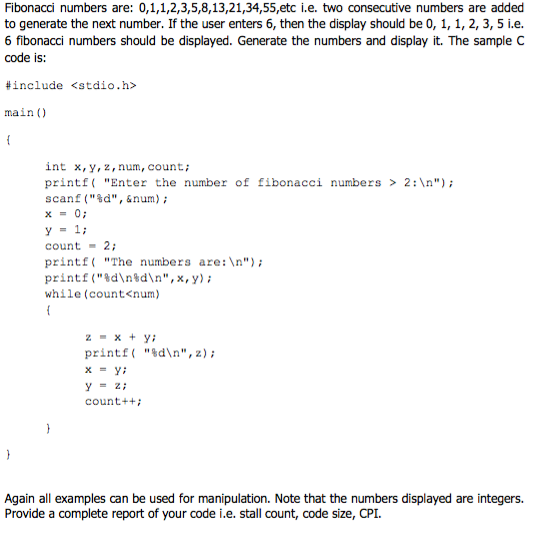


Solved Fibonacci Numbers Are 0 1 1 2 3 5 8 13 21 Chegg Com



Fibonacci Sequence Formula Explained Page 1 Line 17qq Com



The Sequence 1 1 2 3 5 8 13 21 34 Is Said To Be In


The Numbers Of Nature The Fibonacci Sequence Eniscuola
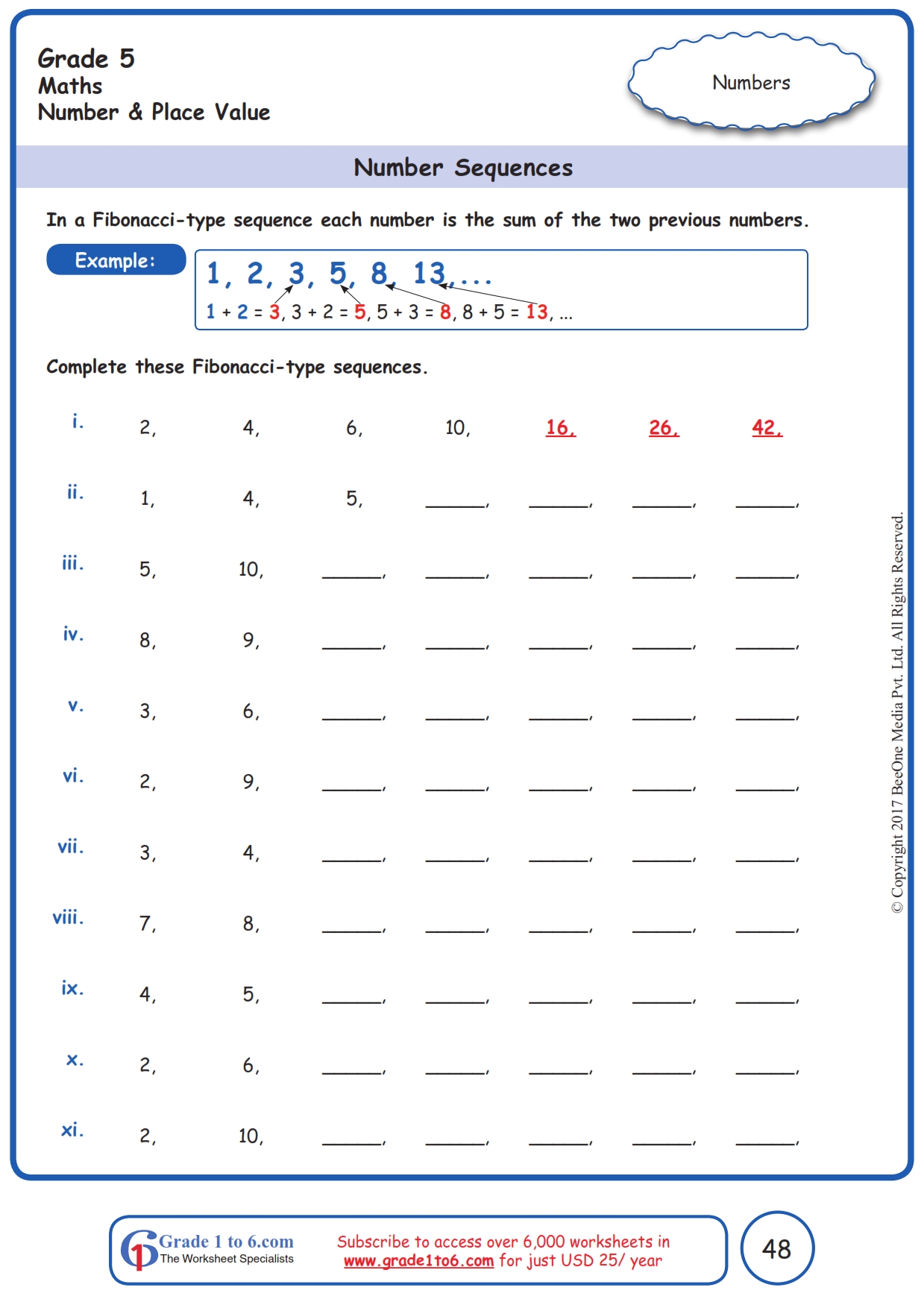


Fibonacci Pattern Worksheets Www Grade1to6 Com



Find The Sum Of 7 Terms Of The Sequence 1 5 2 5 2 3 5 3
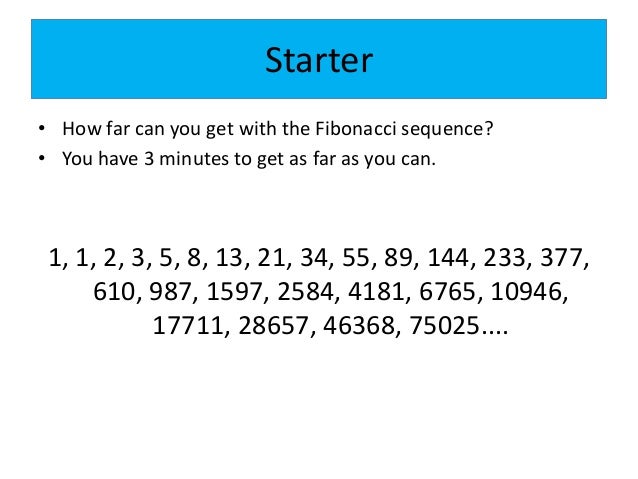


6 Fibonacci Spiral



Number Patterns Sequences Functional Maths Sequence Worksheets Sumnermuseumdc Org



Solved 1 Write The Next Three Numbers In The Sequence An Chegg Com


Week One Day 2 The Art Of Scientific Experimentation



Fibonacci Sequence Number Patterns Youtube


What Is The Pattern Of Sequence 1 1 2 3 5 8 13 Quora
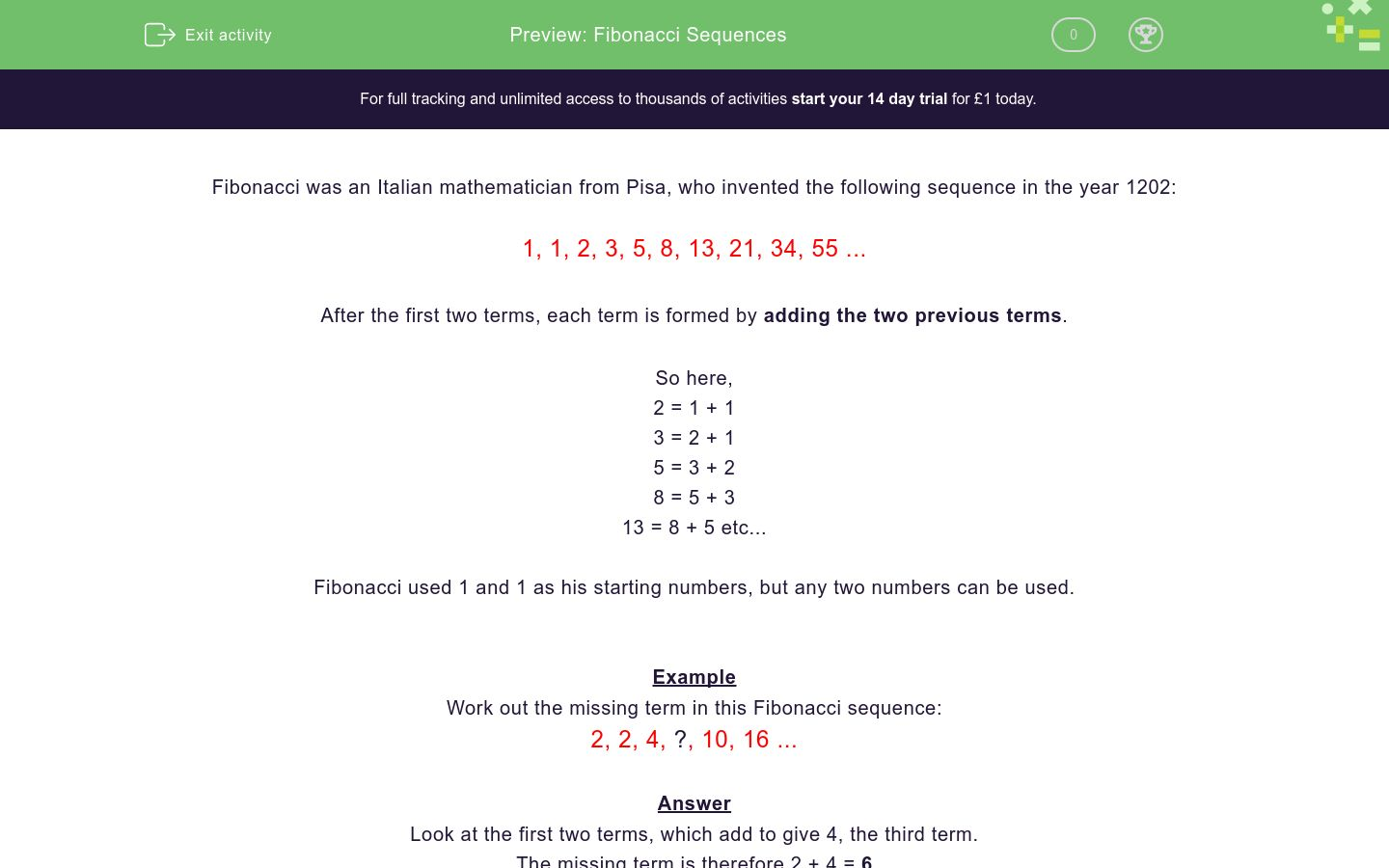


Fibonacci Sequences Worksheet Edplace
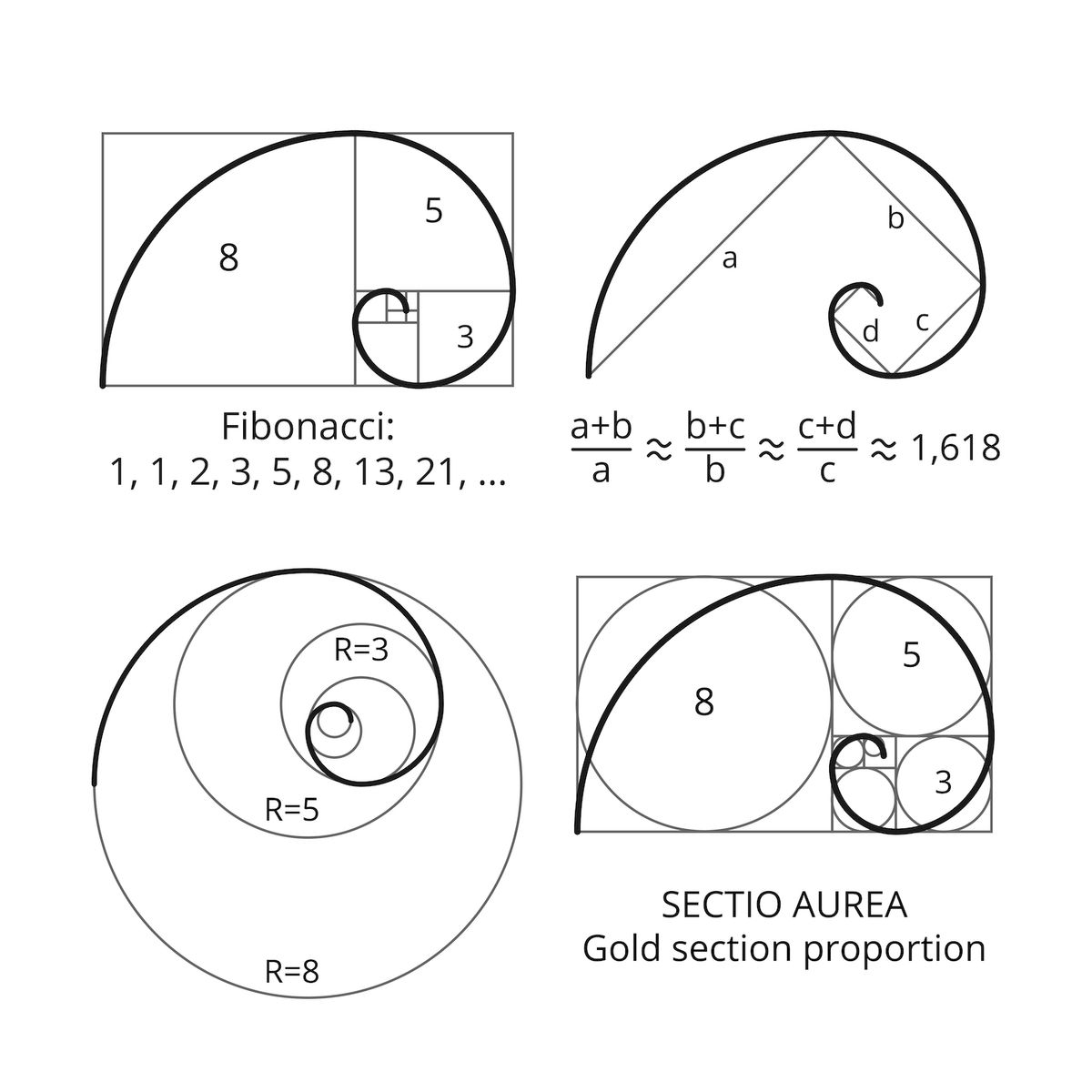


What Is The Fibonacci Sequence Live Science



Leonardo Of Pisa



Math In Flowers Symmetry Fibonacci And A Fun Video Shade Metals



Add The Fibonnaci Sequence To The Lucas Sequence Code Golf Stack Exchange



Trading With Fibonacci Retracements And Expansions Fxtrading Com International



Fibonacci Sequence Lecture L 10 1 Section 10
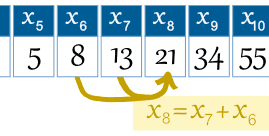


Fibonacci Sequence



Fibonacci Series Program In Java



Fibonacci Number Wikipedia By Daniel Roteliuc Issuu
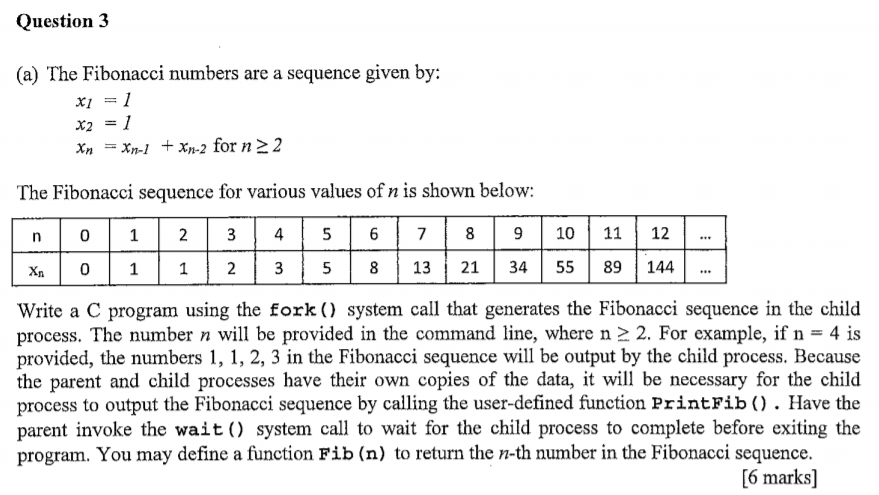


Solved Question 3 Fibonacci Numbers Sequence Given X2 1 x1 2 N22 Fibonacci Sequence Various Q



Pascal S Triangle W3spoint



Fibonacci Sequence Lecture L 10 1 Section 10



Golden Ratio Venkat S Blog



Trading System Fibonacci Retracement Tool Fibonacci Fibonacci Sequence Golden Ratio



Here Is A Cool Trick For Converting Between Miles And Kilometres Toluna



Wythoff Array From Wolfram Mathworld
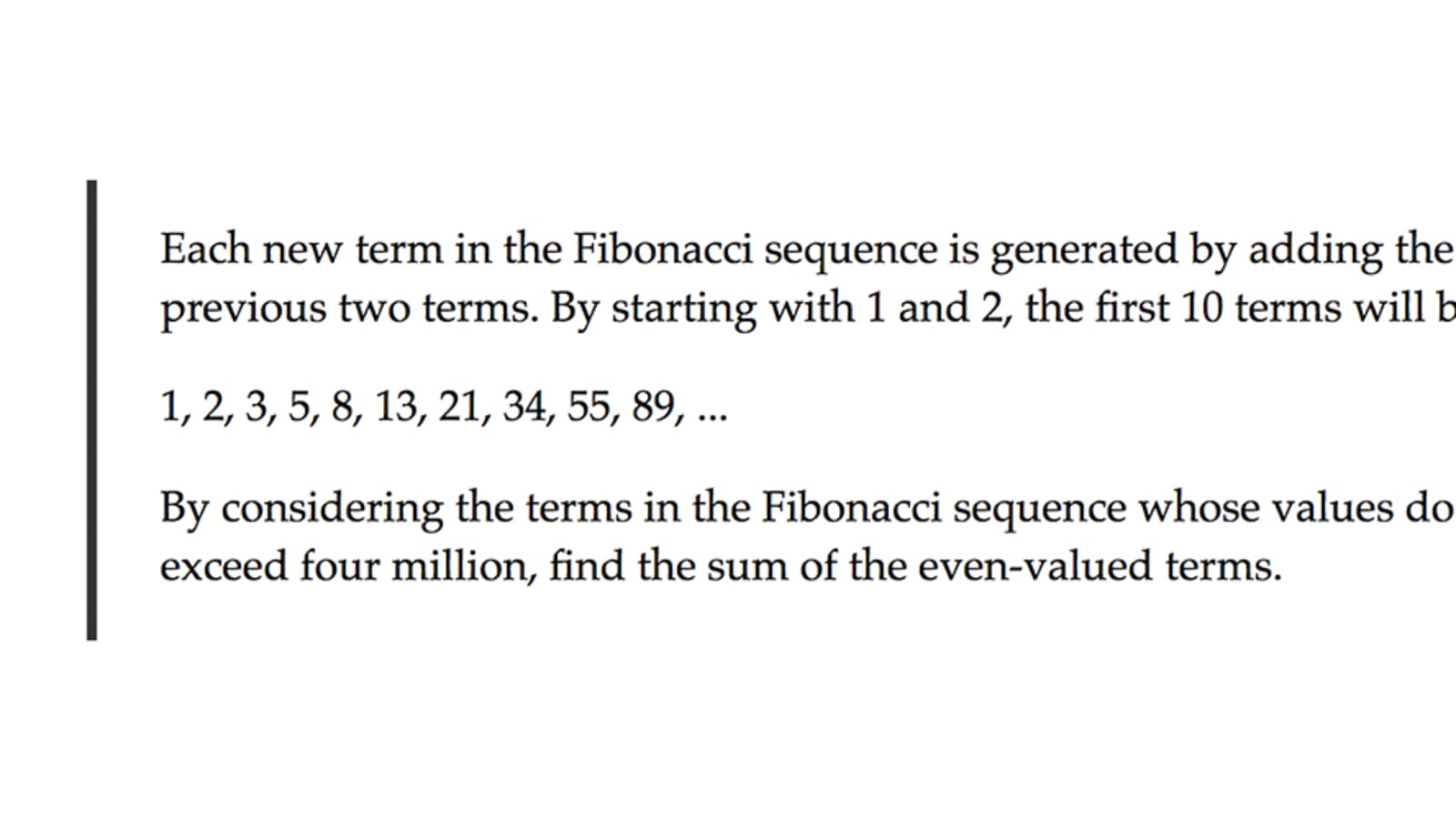


Project Euler 2 Even Fibonacci Numbers Dev Community



Slides Show
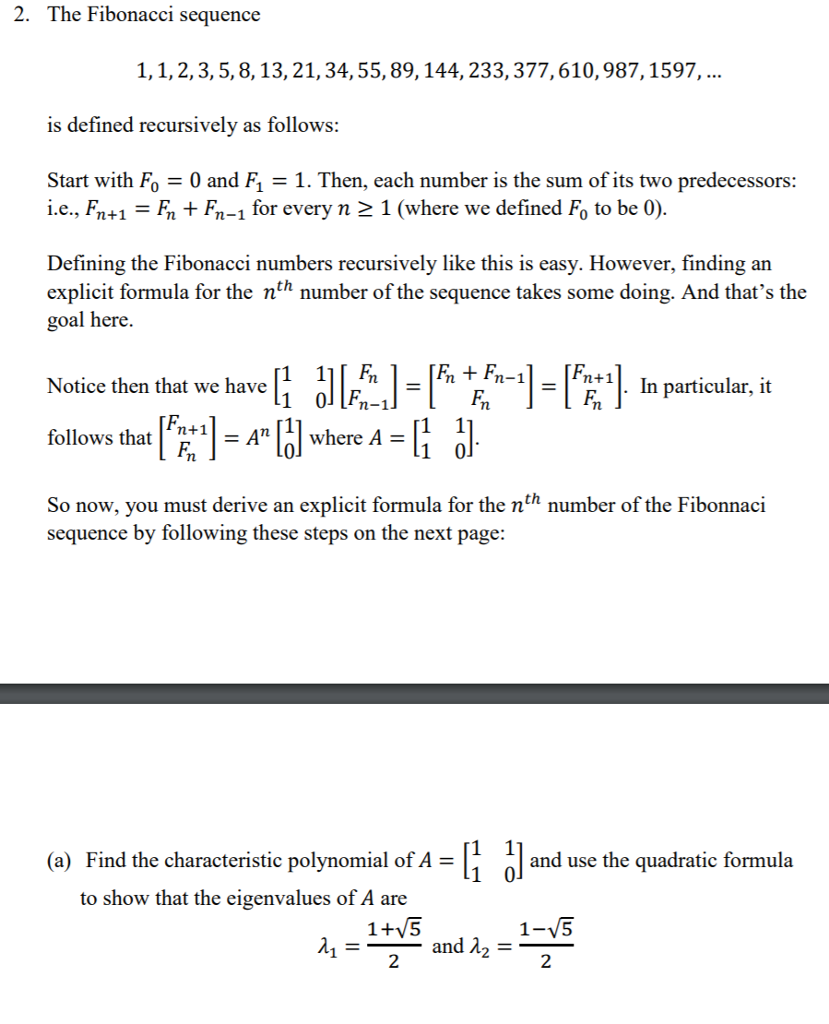


Solved 2 The Fibonacci Sequence 1 1 2 3 5 8 13 21 34 55 Chegg Com


Python Challenges 1 Exercises Practice Solution W3resource



Fibonacci Series In Python Python Program To Print The Fibonacci Sequence
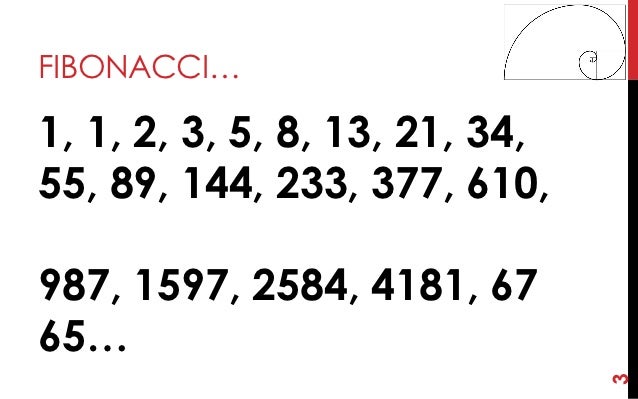


Golden Ratio



Quotes About Sequence 179 Quotes
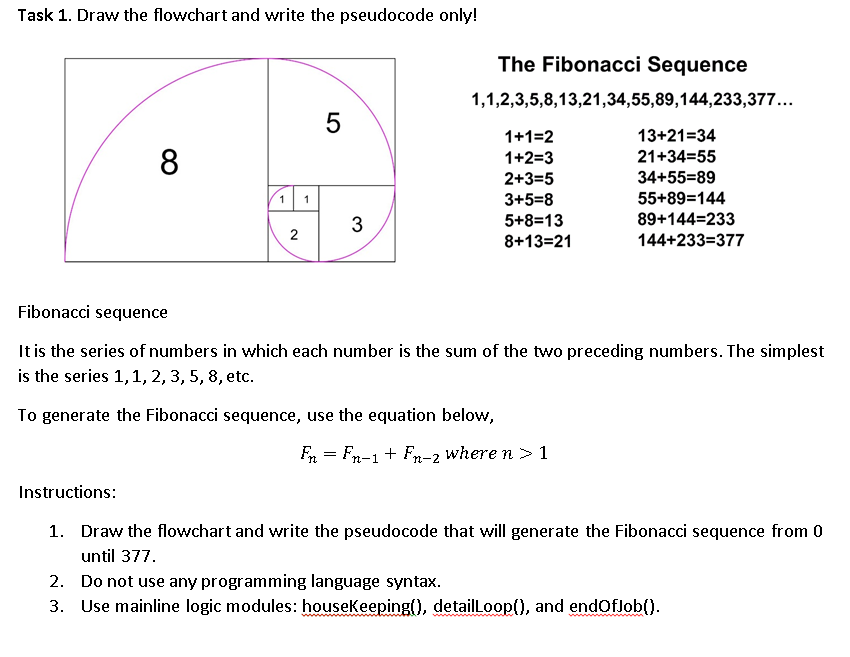


Solved Task 1 Draw The Flowchart And Write The Pseudocod Chegg Com


Fibonacci 60 Code Jain 108
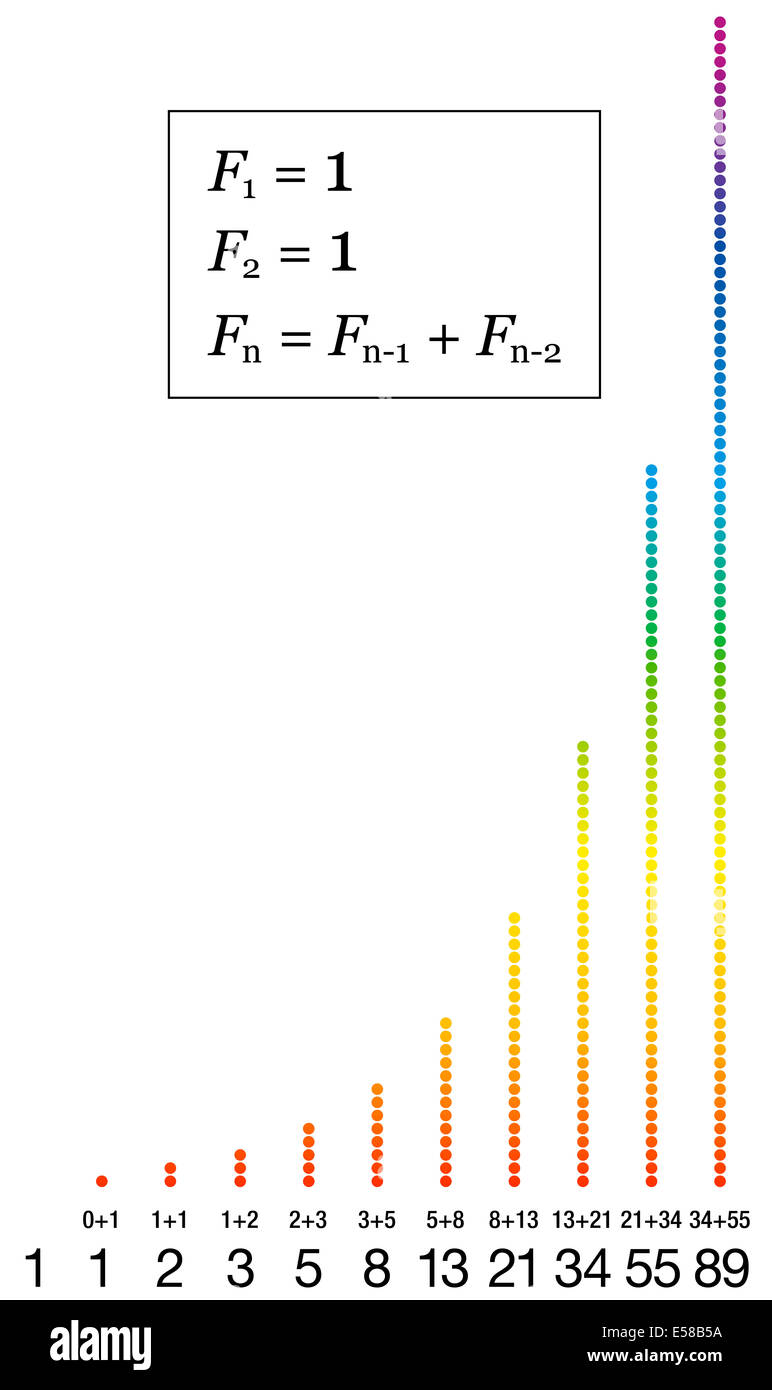


Sequence Numbers Banque D Image Et Photos Alamy



Fibonacci Sequence
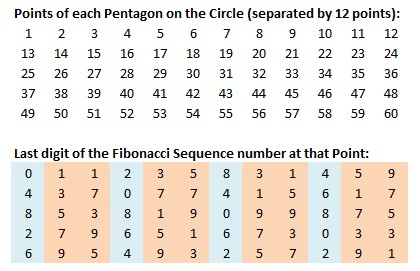


Fibonacci 60 Repeating Pattern The Golden Ratio Phi 1 618
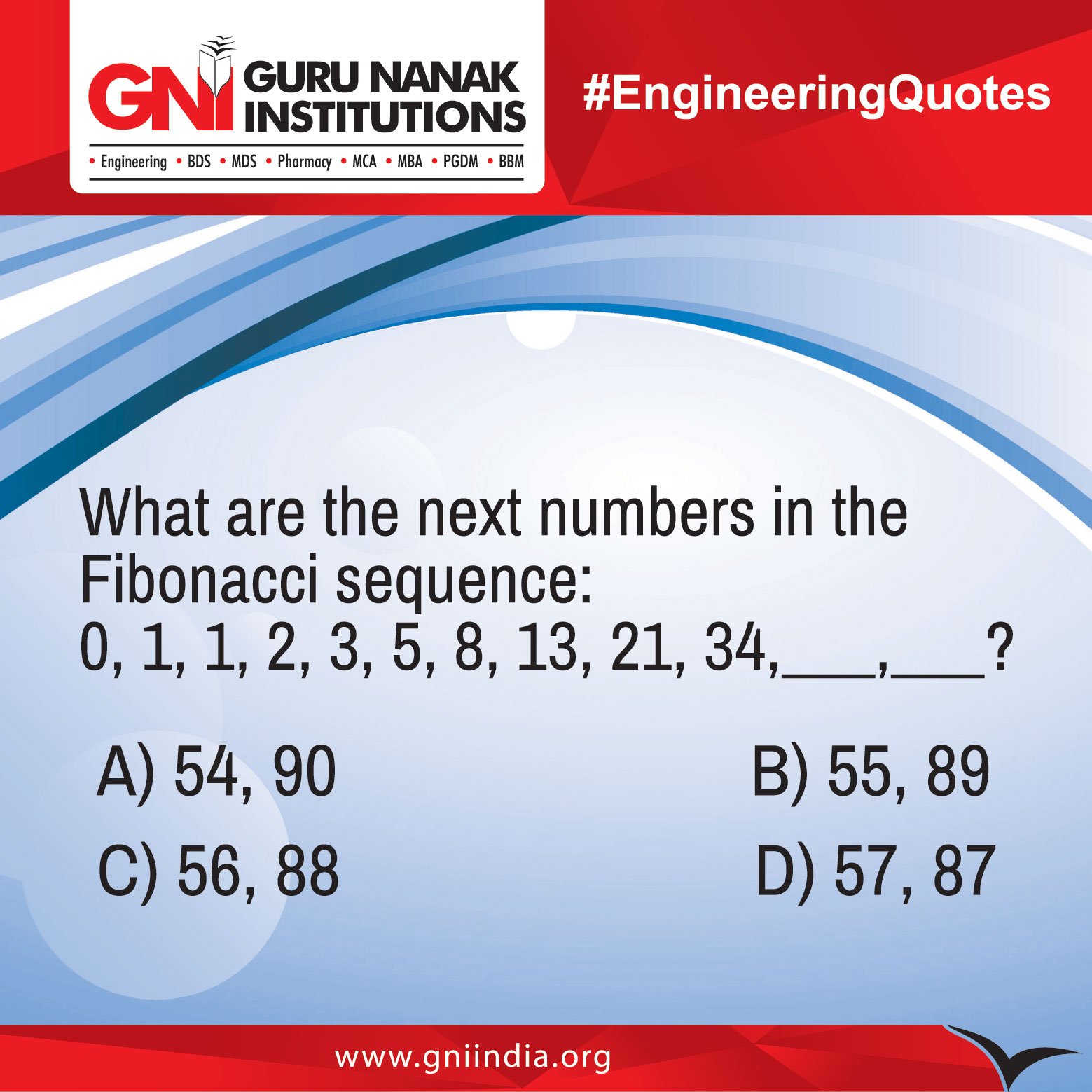


0 1 1 2 3 5 Sequence


What Is The Pattern Of Sequence 1 1 2 3 5 8 13 Quora



8th Term Of The Sequence 1 1 2 3 5 8 Is Brainly In
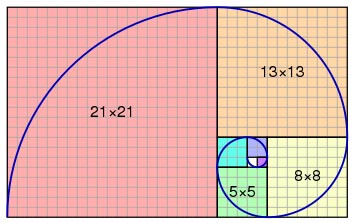


Fibonacci Numbers Logarithmic Spiral Crystalinks
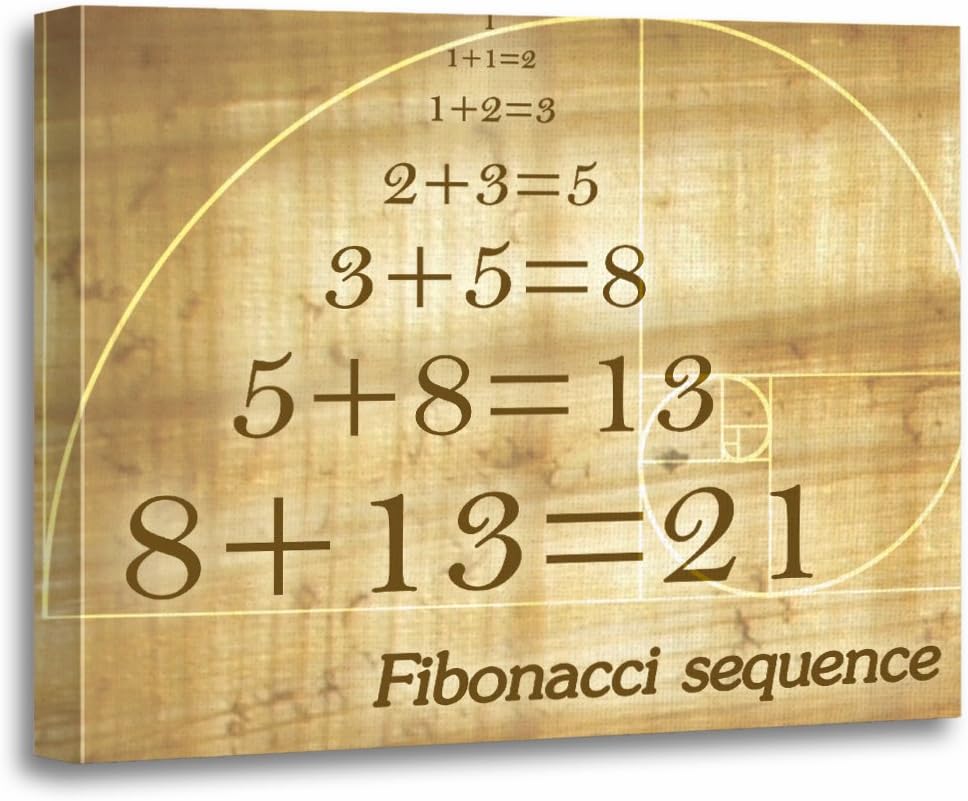


Amazon Com Torass Canvas Wall Art Print Sacred Fibonacci Sequence Geometry Age Spiral Math Artwork For Home Decor 16 X Posters Prints
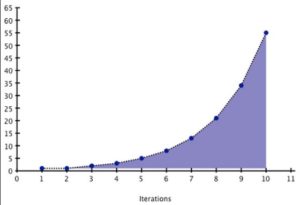


5 9 2 Technical Analysis Fibonacci Retracements Trading Crypto Course



Dataweave 2 Generate Fibonacci Sequence Java Streets
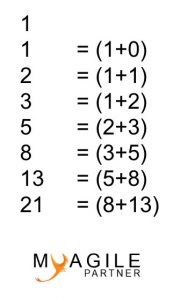


Story Points In Agile Definition Example My Agile Partner Scrum



Based On The Following Power Points Fibonacci Numbers
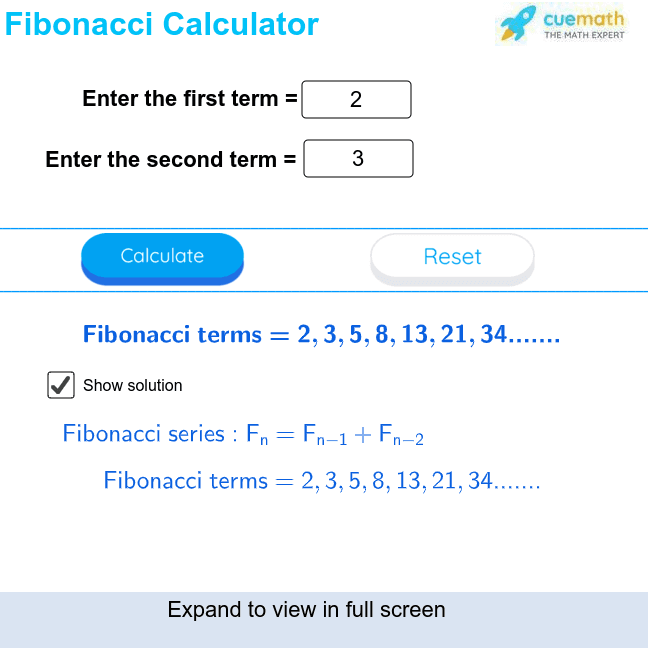


Mndltjltv7e1xm



What Is The Pattern Of Sequence 1 1 2 3 5 8 13 Quora


What Is The Next Number In The Sequence 0 1 1 2 3 5 Quora
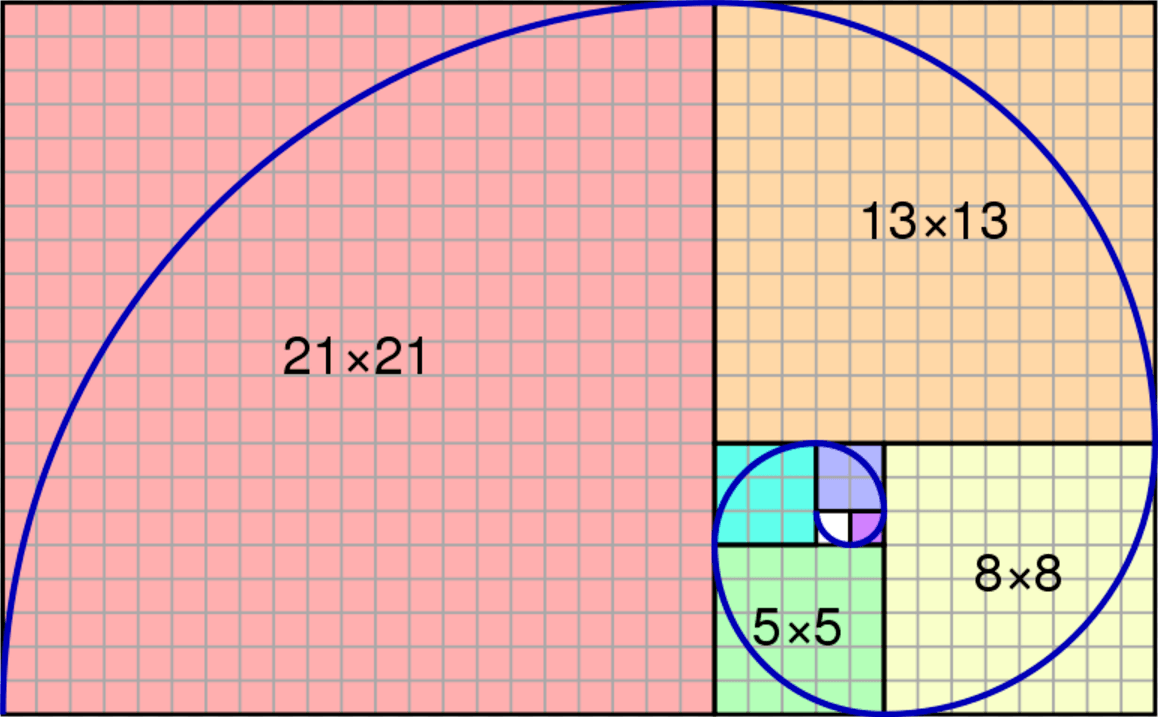


What Is The Fibonacci Sequence And How It Applies To Agile Development Elearning Industry


コメント
コメントを投稿